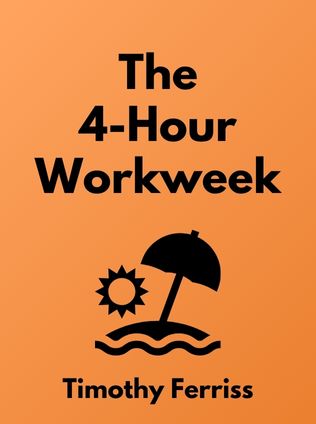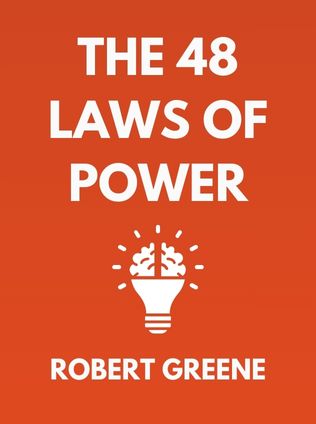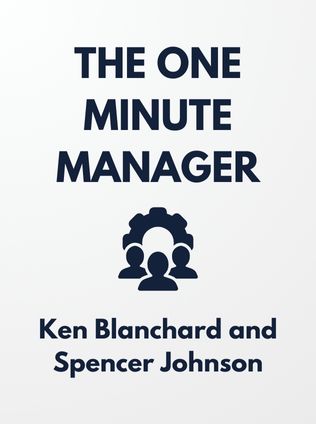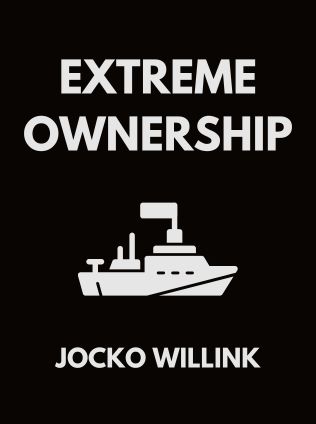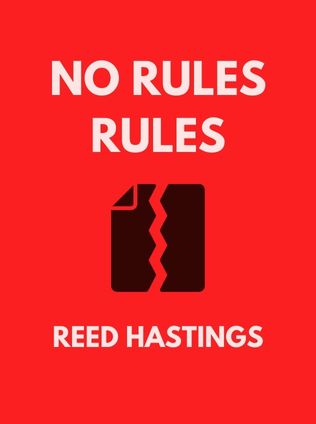
No Rules Rules
Netflix and the Culture of Reinvention
By Reed Hastings
Published 09/2020
About the Author
Reed Hastings, the co-founder and CEO of Netflix, is a visionary leader known for his innovative approach to business and management. Born on October 8, 1960, Hastings grew up in Boston, Massachusetts. He studied mathematics at Bowdoin College and later earned a master's degree in computer science from Stanford University. Hastings' career began in technology, but he soon found his passion for transforming industries through disruptive ideas. Before Netflix, Hastings founded Pure Software, a company focused on troubleshooting software. His experience at Pure Software, particularly the challenges he faced with company culture and bureaucracy, significantly influenced his management philosophy, which he later implemented at Netflix.
Erin Meyer, the co-author, is a professor at INSEAD, one of the world's leading business schools. She specializes in cross-cultural management and is the author of "The Culture Map," a book that explores how cultural differences impact business practices. Meyer’s expertise complements Hastings' practical experience, bringing a global perspective to the discussion on Netflix’s corporate culture.
Main Idea
The main idea of "No Rules Rules" is the radical approach Netflix has taken to management and company culture, which emphasizes freedom, responsibility, and innovation. The book details how Netflix’s unconventional practices, such as eliminating vacation policies, promoting radical candor, and hiring only top talent, have allowed the company to thrive in a highly competitive and rapidly changing industry. Hastings and Meyer argue that by removing traditional controls and trusting employees with greater autonomy, companies can foster a culture of creativity and accountability, leading to sustained success and innovation.
Table of Contents
- Introduction: The Netflix Revolution
- Chapter 1: Building a Culture of Freedom and Responsibility
- Chapter 2: Top Talent: The Foundation of Innovation
- Chapter 3: Radical Candor: The Power of Feedback
- Chapter 4: Eliminating Controls: Empowering Employees
- Chapter 5: Going Global: Adapting Culture Across Borders
- Chapter 6: Lessons from the Netflix Journey
- Conclusion: The Future of Work and Culture
Introduction: The Netflix Revolution
When Netflix launched in 1997, it was a small mail-order DVD rental service, competing with the giant Blockbuster. Fast forward to today, Netflix is a global entertainment powerhouse with over 200 million subscribers in 190 countries. This dramatic transformation was not just about technological innovation or market strategy; it was about fundamentally rethinking how a company should be run. Hastings and Meyer attribute Netflix’s success to its unique corporate culture, which is built on the principles of freedom and responsibility.
Netflix’s culture is designed to attract, retain, and empower top talent. Instead of relying on traditional controls, such as detailed vacation policies or strict approval processes, Netflix gives its employees the freedom to make decisions and the responsibility to live up to the company’s high standards. This culture is not without risks, but it has enabled Netflix to innovate consistently and stay ahead of its competitors.
Building a Culture of Freedom and Responsibility
The cornerstone of Netflix’s success is its culture of freedom and responsibility. This concept, as explained by Hastings, is about trusting employees to make decisions that are in the best interest of the company without the need for micromanagement. Traditional companies often rely on strict policies and procedures to maintain control, but Netflix has taken a different path. By eliminating these controls, Netflix empowers its employees to take risks, make decisions, and innovate.
One of the most radical examples of this philosophy is Netflix’s approach to vacation time. At most companies, employees are given a set number of vacation days, and these days are closely tracked. At Netflix, there is no set vacation policy. Employees are free to take as much time off as they need, as long as their work is completed and their absence does not negatively impact the team. This policy is based on the belief that employees are best placed to manage their own time and responsibilities.
Sign up for FREE and get access to 1,400+ books summaries.
You May Also Like
The Lean Startup
How Today's Entrepreneurs Use Continuous Innovation to Create Radically Successful Businesses
By Eric RiesWho Moved My Cheese?
An Amazing Way to Deal with Change in Your Work and in Your Life
By Spencer Johnson, M.D.Make Your Bed
Little Things That Can Change Your Life...And Maybe the World
By William H. McRavenThe Ride of a Lifetime
Lessons Learned from 15 Years as CEO of the Walt Disney Company
By Robert IgerThe Hard Thing About Hard Things
Building a Business When There Are No Easy Answers
By Ben Horowitz







